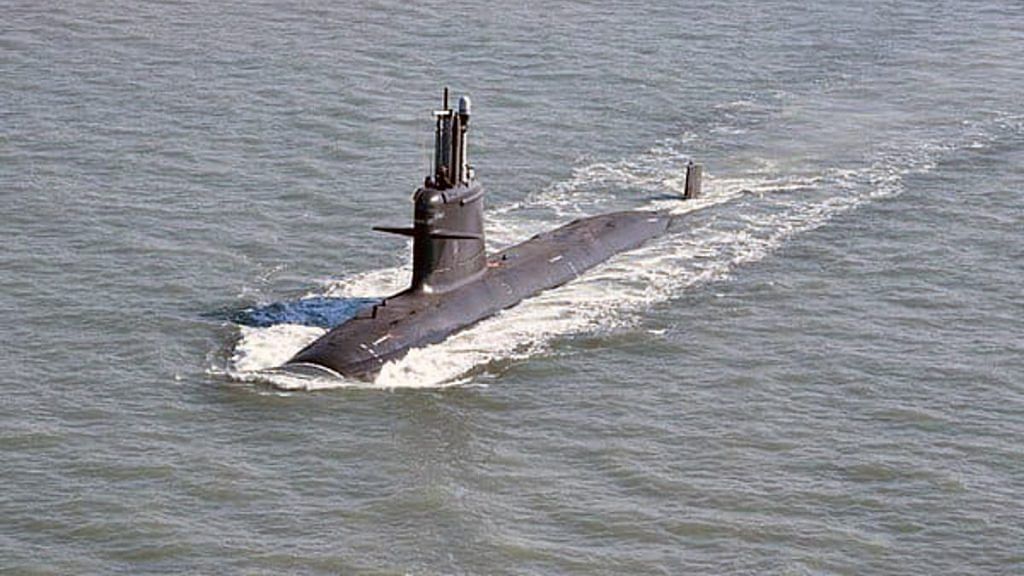New Delhi: Indian shipyard Larsen & Toubro and Spanish shipbuilding company Navantia have teamed up for the Navy’s mega but long-delayed Project 75 India (P75I) submarine programme, under which six next-generation underwater vessels are to be made.
Both companies announced their partnership Monday for the project that requires Indian bidders to tie up with a foreign original equipment manufacturer (OEM) and execute the programme for delivery of six conventional submarines equipped with air-independent propulsion (AIP).
According to the agreement, Navantia will carry out the design of P75I submarines based on its S-80 class of submarines, the first of which was launched in 2021 and is undergoing sea trials prior to its delivery to the Spanish Navy at the end of 2023.
Apart from the S-80 class, Navantia has been involved in the design and construction of the Scorpene class of submarines together with DCNS (now Naval Group) of France, which have been exported to Chile and Malaysia. Navantia has also been involved in the Scorpene submarines (Kalvari class) built in India, including handholding of the Indian yard.
A press statement issued by Navantia said the company’s state-of-the-art third-generation AIP solution is the most advanced and efficient AIP in the world, apart from also being the most compact, easiest to exploit and maintain, and environment-friendly. It uses bioethanol as a source of hydrogen, which is known to be cost-efficient, easily available, and does not call for any special infrastructure.
High density of hydrogen in ethanol improves the AIP system’s efficiency, the press statement said. Ethanol, being in liquid form, eliminates the risks associated with storing hydrogen. In addition, wide availability of ethanol enables the system to be refuelled anywhere in the world.
Besides the Spanish firm, South Korea’s Daewoo Shipbuilding and Marine Engineering Company, and Germany’s ThyssenKrupp Marine Systems are in the fray.
The Germans are the front-runners for bagging the contract.
(Edited by Sunanda Ranjan)
Also Read: How France is ready to help India diversify from Russia — build fighters to submarines
